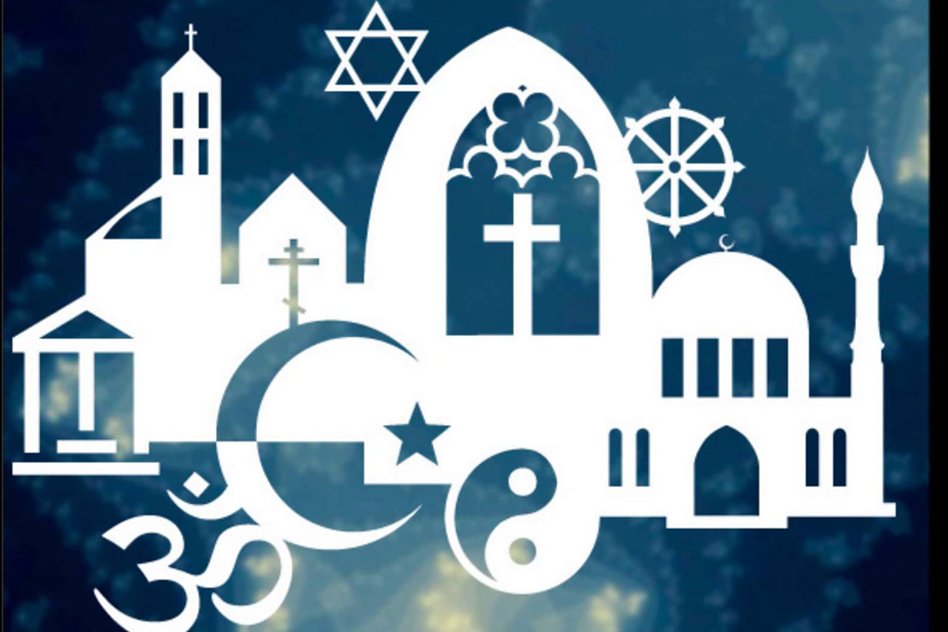Image Source: jaganathan k
In recent months, the essence of secularism has been hijacked by politically-motivated groups, agenda-driven fringe elements and the mainstream media. People today are questioning the very need of secularism and are viewing secular thought as “anti-India”. As such, the quality of the debate we have in our country has diminished, reduced to shouting matches and blame games. This has left the average Indian either clueless or misinformed about the nature of secularism.
Before I begin, I must stress that I am neither a ‘Bhakt’ nor a ‘Libtard’ nor a ‘Sickular’ person. I am merely one among the majority of Indians who have been silenced by the loud, extreme rhetoric of both sides, and who have been betrayed by the falling standards of Indian journalism.
It must be noted that when we have a argument about secularism, we must keep in mind that Indian secularism is slightly different from Western notions of the same. While the underlying principle of tolerance is mandated by both, Western secularism stresses on the separation of church and State whereas Indian secularism encourages religious coexistence in public life by preserving religious laws and respecting the customs of all religions. Constitutionally, though the Preamble declares India to be a secular nation, India does not have a uniform civil code and the Constitution does not clarify on the relationship between religion and State. Pluralism and religious freedom are championed by the legal system, though the prevalence of personal religious laws in a 21st century democracy is an ironic feature that is also a politically charged one.
That religious tolerance is of prime importance in a diverse nation like India is something every responsible and informed citizen will agree on. There is no debate here. And India has a long history of religious cohabitation. This has not been without its share of extremism and violence; but for a land of such cultural and religious variations, India’s endorsement of religious freedom is unique, and must be preserved. This habit of inclusion and respect for diversity which India has championed for centuries lies at the core of Indian secularism.
The media and the political class will corrupt the meaning of secularism to gain traction and preserve vote banks, but we must not let them divide us. Secularism is not about exploiting religion or eliminating religion – it is about treating them all equally, and understanding that there are bigger things at play here than religion. Secularism is not the rejection of religion; it is the rejection of politically-driven religion and religiously-driven politics.
We need to break religious barriers, ignore dogmatic belief and embrace rationalism. We need to stop labelling each other as Hindus, Muslims, Christians, Atheists etc. As Indians our religious beliefs are secondary. It is more important to elevate Indians from poverty, fix our education system, provide healthcare for all Indians, build our economy, expand our infrastructure and ensure than every Indian has 3 meals a day, a roof over their heads, a reliable bank balance and a life free from persecution.
Is Indian secularism perfect? Definitely not. We still have a lot of work to do to ensure social safety and economic security to every Indian man, woman and transgender, regardless of their belief (or non-belief). There are still massive debates to be had – on our civil code, on our legal system, on our education system, on our tax system etc. We will have these debates keeping in mind that our goal is to build a future where religious beliefs are secondary compared to our shared nationhood. Only then can we become a more perfect democracy.











